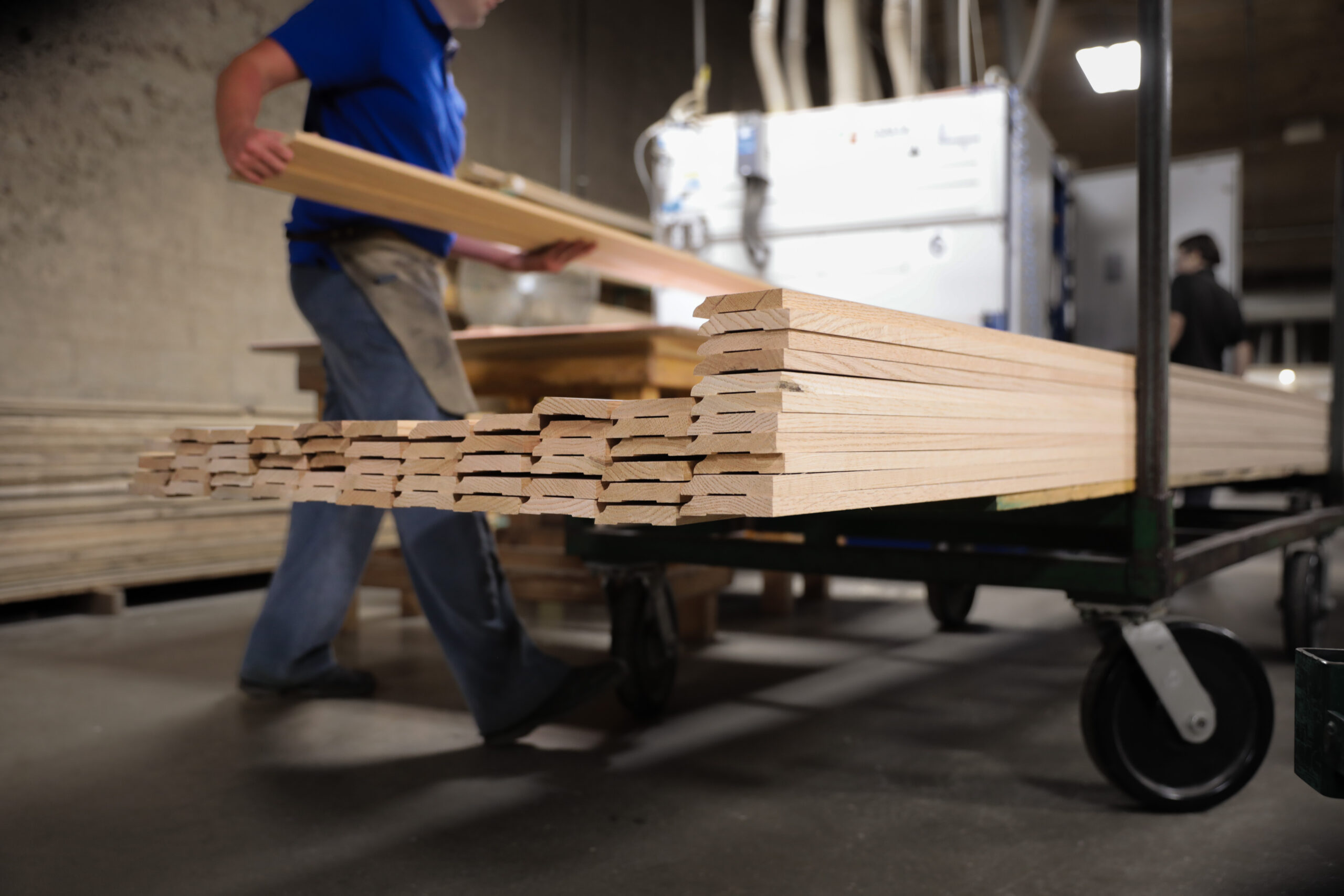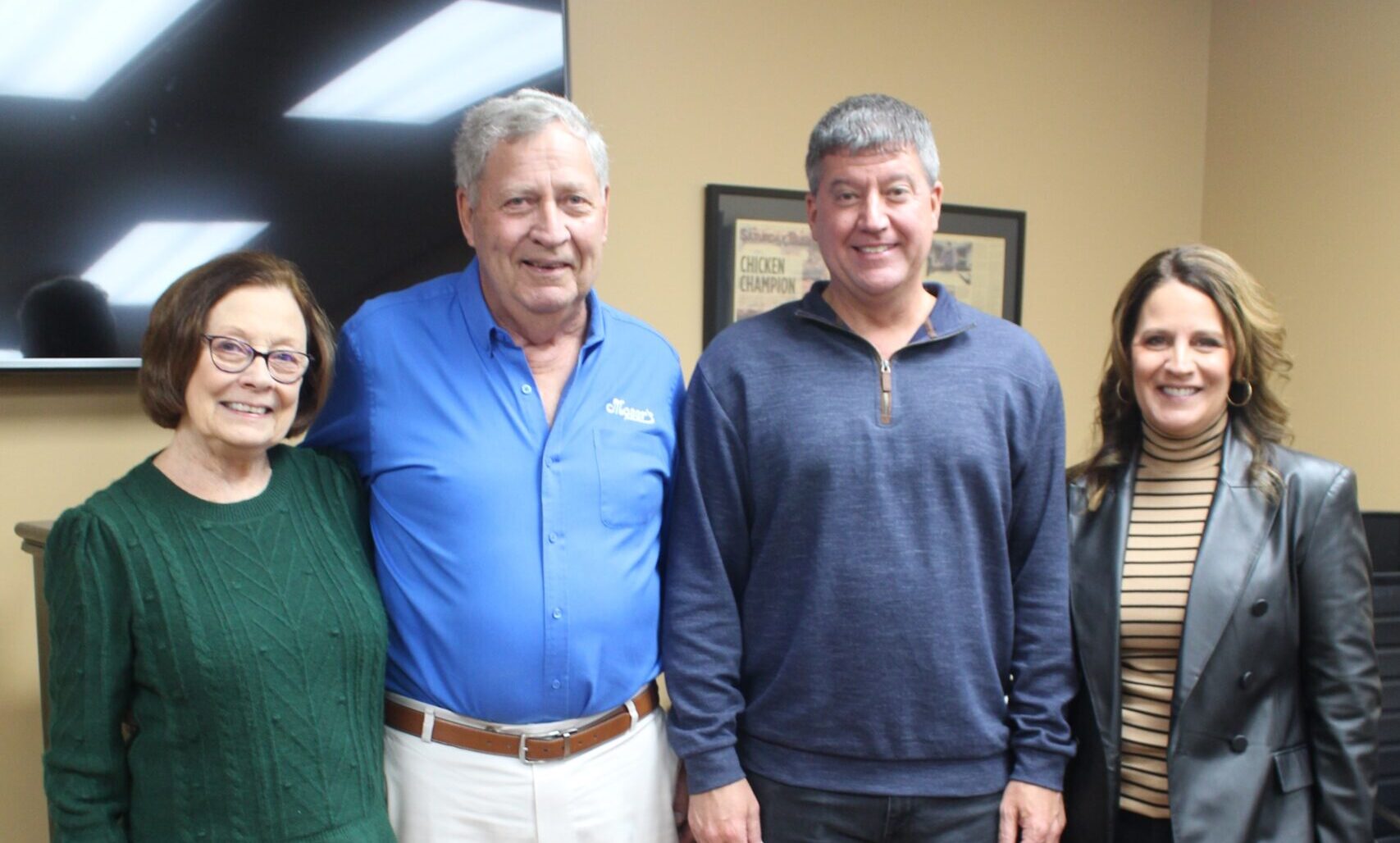
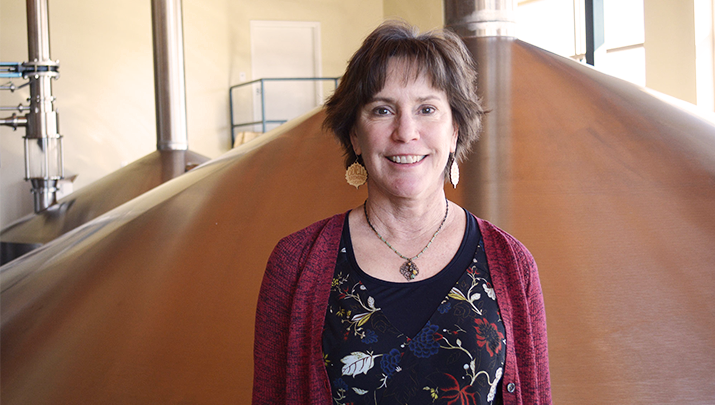
How Paced Growth Keeps Us True to Our Brews
- Wynne Odell
- Odell Brewing Company
Back in the early ’90s, when my company, Odell Brewing, was just a few years old, raspberry wheat beer was all the rage. Remember that? It was a big trend, and all the breweries started making that style.
We thought it was a beer designed for people who didn’t really like beer. We decided not to go down that road, a decision I’m still happy about. I don’t know for certain, but I’m pretty sure that today, not one brewery that hung its hat on making a raspberry wheat beer is still in business.
More recently there was the “hard” root beer trend. This was a huge volume play for the breweries that chose to jump on it, but it didn’t last. My personal opinion was that hard root beer didn’t really taste very good. And the breweries that did follow the trend ended up on a hard-soda hamster wheel, moving on to hard ginger ale and cream ale — always chasing what’s next.
We’ve passed up a lot of trends. Instead, we’ve always focused on creating a quality product that fits our identity, without chasing anyone’s literal flavor of the month.
I believe this approach has served us well so far. Headquartered in Fort Collins, Colorado, we’ve traveled by the North Star of Paced Growth since we began in 1989. In the process, we’ve become a true Evergreen company, though we didn’t even realize it for the first decade we were in business. Today we’re the 27th largest craft brewery in the nation and sold 120,000 barrels last year. We’ve grown a weighted average 11.1 percent annually since opening.
To us, Paced Growth means being able to grow with our own resources, without stretching ourselves to the point that we’re making decisions solely to generate more volume to keep growing. I believe this allows us to be more thoughtful about what opportunities we choose to pursue.
We have followed three principles that have allowed us to stay true to our goal of Paced Growth, which I’ll share.
One, as noted, is not following trends. I call that kind of growth “faddish” growth. Instead, we create our beers using committees inside our brewery, always with the same goal: to make a balanced beer with the right combination of flavors for the style, with no extreme or out-of-character flavors.
A second aspect of Paced Growth, for us, lies in carefully managing how and where we expand. Though Odell Brewing has grown enormously since opening, we’re only in 14 states today, choosing to develop markets that are deep, not broad. Even today, 64 percent of our volume is still in Colorado.
This means we don’t move into a new state haphazardly. We carefully interview our potential distributors to make sure we are putting our beers in the right places. We don’t want them to simply languish on a shelf somewhere. We also spend a lot of time physically on the ground in a potential new market to see if it’s a good fit. We often realize it’s not, and we give ourselves the freedom to walk away. This approach has definitely shaped how we’ve grown.
Our third Paced Growth principal is that we avoid outside money. We choose to finance our growth only with the cash we generate from operations or through traditional bank debt. Not bringing in outside money may constrain the rate at which we can grow, but we maintain complete control of our company, and to us, that’s more important.
This means we’ve turned down overtures for buyouts from the likes of Anheuser-Busch InBev and MillerCoors. We’ve also turned down overtures to sell to private equity firms. The truth is we were never tempted by these conversations at all. Yes, they would provide a payout, but we were much more interested in what the future arc of our business would look like.
We also wanted the people who worked with us to be in this business for a long time and not beholden to outside investors with different, short-term interests. Interests that might change the culture. It’s happened before.
For example, in 2015 Constellation Brands bought Ballast Point Brewing & Spirits. All three founders were subsequently gone within a year and a half. We didn’t want that.
Instead, Odell Brewing became employee-owned in 2015. Now 51 percent of the company is owned by executive team managers, the founders own 30 percent, and 19 percent went to an employee stock plan.
The truth is, it’s been easy for us to stay focused on Paced Growth because we like what we do and never started this for a big payday. It was what we wanted to do with our lives, and still is.
We want our company to last for 100 years and beyond, and we’ve come to understand it’s much easier to take care of the needs of everyone in the business — now and into the future — if we simply grow at a pace that’s sustainable.
Wynne Odell is the CEO and Co-Founder of Odell Brewing Company.
More Articles and Videos
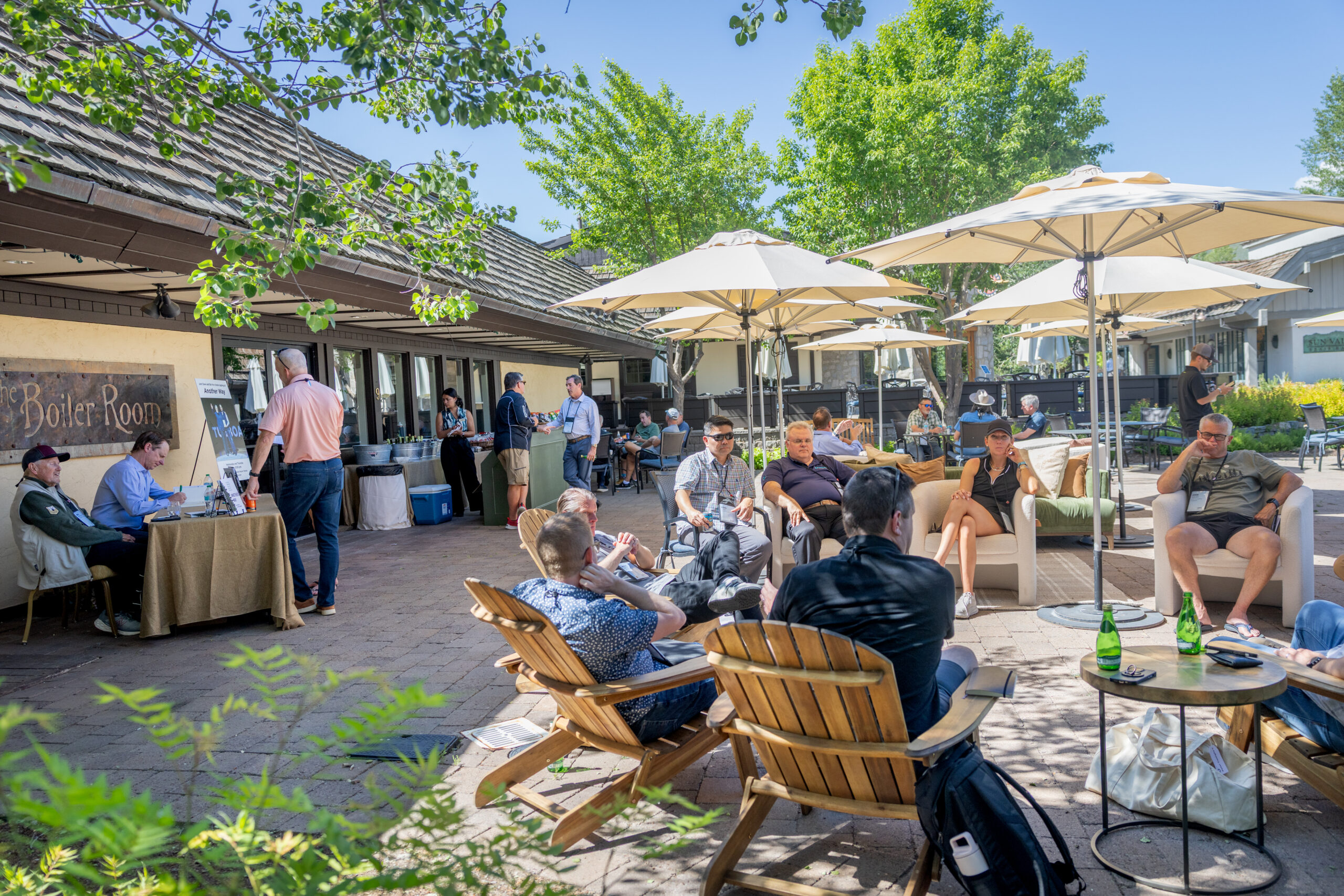
Leading Through Uncertainty – Tugboat Institute® Summit 2025
- Jackie Hawkins
- Tugboat Institute
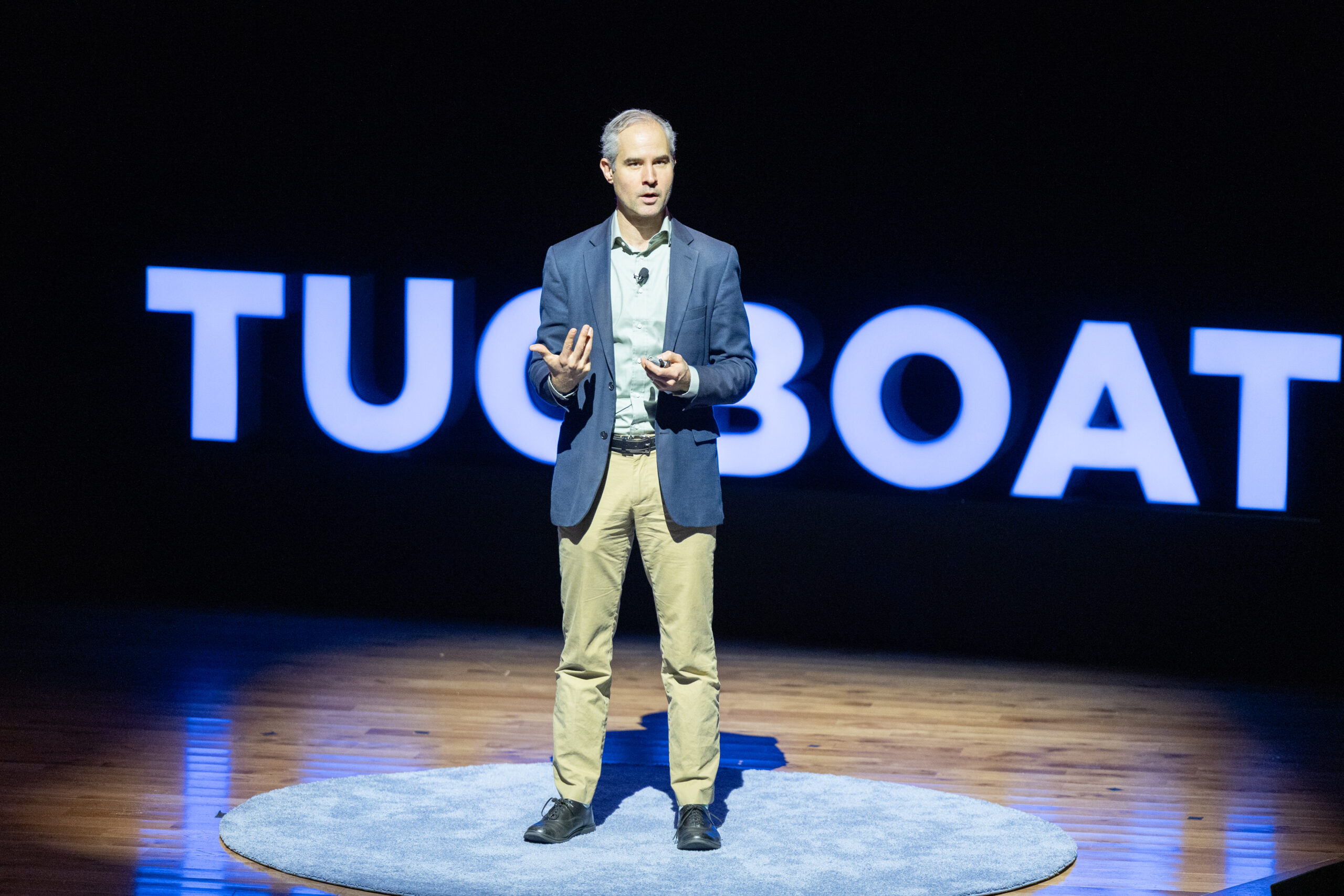
Why Employees Quit and How to Use Evergreen® Principles to Keep Them
- Michael Horn
- Clayton Christensen Center for Disruptive Innovation

Get Evergreen insight and wisdom delivered to your inbox every week
By signing up, you understand and agree that we will store, process and manage your personal information according to our Privacy Policy
